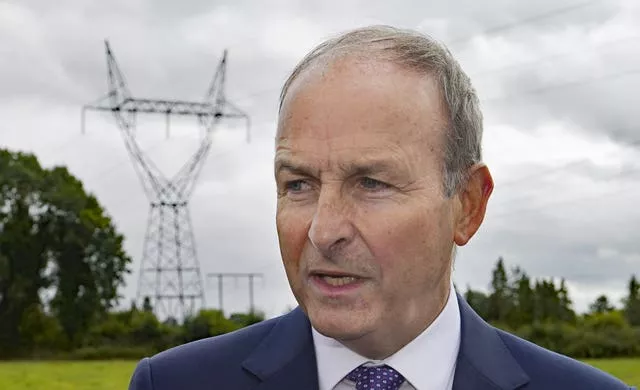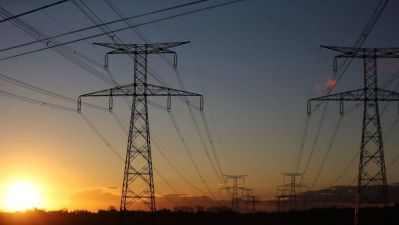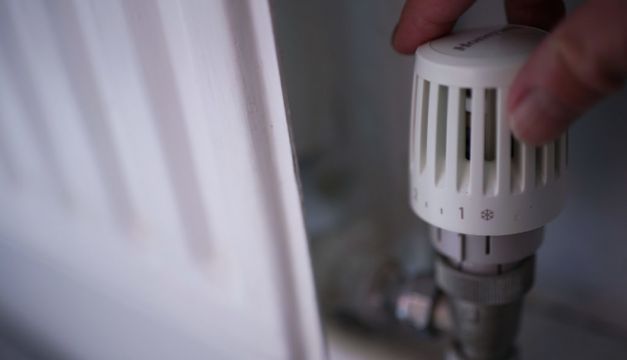The Government is to introduce a windfall tax on the soaring profits of energy firms, which will be backdated to before the energy crisis, the Dáil has been told.
Tánaiste Leo Varadkar said a tax on profits will be for the full year.
However, the Taoiseach said it remains unclear how much money the levy will raise.
Micheál Martin said it is “difficult to be precise on the exact amount” that the Government will get under the European Commission proposals to cap energy prices and tax profits.

“It very much depends on the ultimate formula that the EU Council of energy ministers will arrive at. There will be a stream of revenue from it,” Mr Martin said on Thursday.
“But the real firepower is in the surplus that we have right now to enable us to get through the first phase of this crisis.
“Then the revenue from that measure that Europe will introduce can be helpful in the medium term.
“I just did point out yesterday that we have been conscious that no one is certain about the longevity of this crisis, no one is certain about the longevity of the war [in Ukraine] and the impact of that on energy.
“Therefore we have to be mindful of that as we allocate the cost-of-living package within the budget, and to do so in a way that’s intelligent but also trying to genuinely get people through these crucial moments in the winter period, where prices are much higher, and dependency on energy obviously is much higher.”
Speaking in Tallaght, Mr Martin added: “The funding for the package will become a surplus. The European money comes later and will come later.
“The mechanism has to be worked out. It depends on the decision and I wouldn’t be as definitive about the amount. It’s for wind generation companies and also for fossil fuel extraction.
“It very much depends on the nature of the decision and the precise formula. It’s difficult to be precise. We were never going to be dependent on that revenue stream as the key to the package that we will be introducing in two weeks.”
In the Dáil, Mr Varadkar said: “We need to work out the details of that but certainly, in principle, the Government has agreed that that is something that we will pursue and it will form part of the budget.

“What we have to work out is how it will apply and how it will work, and that is not straightforward.
“However, as it would apply to profits made this year it would be backdated to the beginning of the energy crisis earlier this year, because profits are taxed on an annual basis.
“It would, of course, apply to profits made this year hitherto.”
He said he could not explain the EU proposals as they were not the Government’s. “They are not yet agreed and, quite frankly, they are not entirely clear,” he added.
Speaking during leaders’ questions, Social Democrats co-leader Catherine Murphy said 70 per cent of households could be in energy poverty, describing it as a “catastrophe”.
“This is not sustainable for either families or businesses, and the immense uncertainty about how bad the crisis could get and how high prices could go is causing a huge degree of stress and anxiety,” Ms Murphy added.
“Clearly, the energy market is broken. When markets are broken, it is the job of the state to intervene.
“Given the scale of this crisis, that intervention will have to be huge. One of those interventions must be a windfall tax.

“It is grotesque to see the level of obscene profiteering by energy companies which is accompanying an energy crisis caused by Russia’s barbaric invasion of Ukraine which is causing so much death, destruction and suffering.”
She welcomed the move by the European Commission, but said it was “regrettable” that it took so long.
Ms Murphy said energy firms have been making “lavish profits” all year, adding: “In fact, profits surged last year when energy prices soared as economies came out of lockdown and demand increased.”







